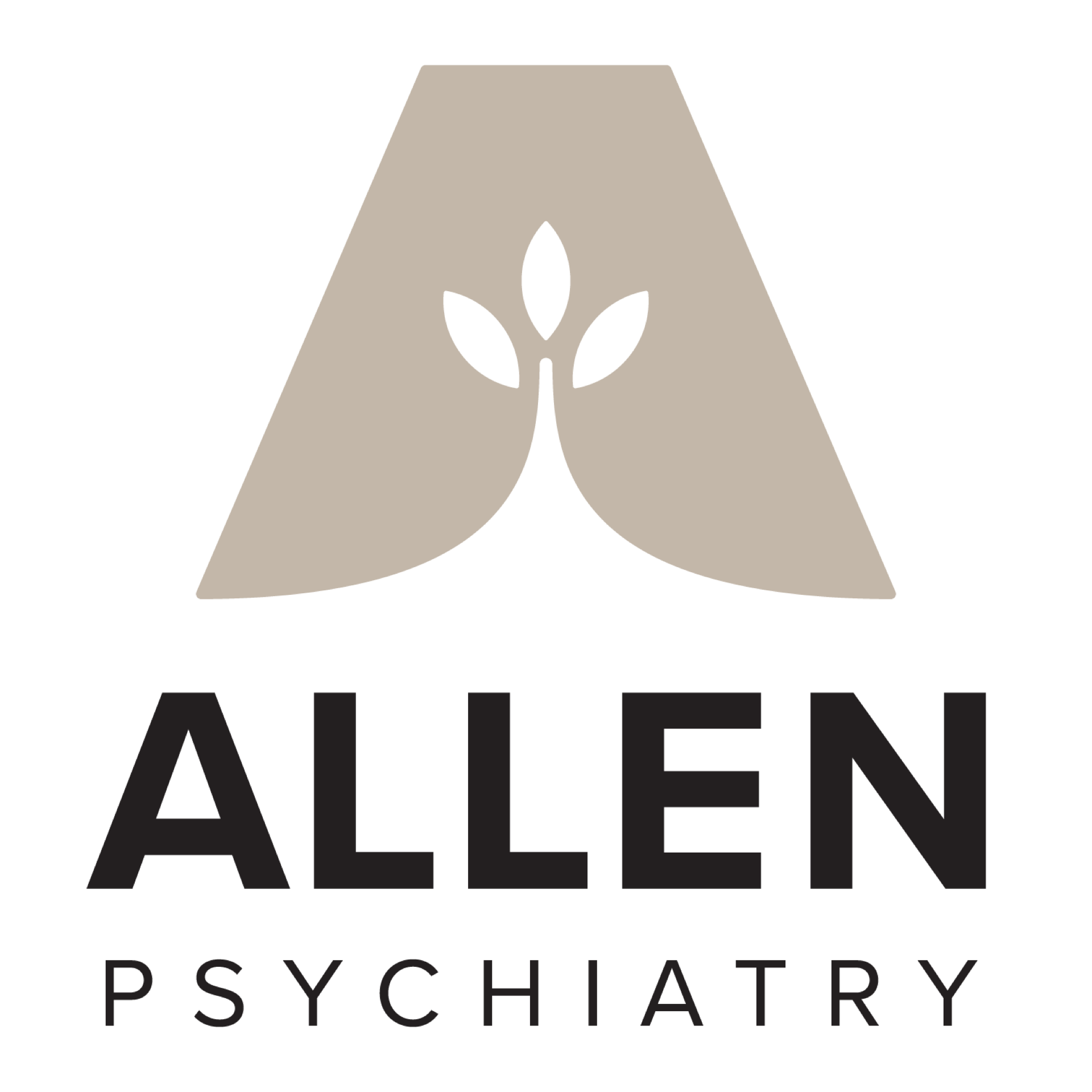Professional ADHD Care in Provo, Utah
Welcome to Allen Psychiatry in Provo, UT, your foremost healthcare provider dedicated to helping individuals with ADHD. We understand that ADHD can seem daunting, and we are here to provide comprehensive, personalized care that addresses all aspects of the disorder.
If you or a loved one is suffering from ADHD, give our office a call today to learn how we can help you. Please call (385) 504-1334 or book an appointment online today. We are ready to find a solution for you.
Understanding ADHD
What is ADHD?
Adult ADHD (Attention-Deficit/Hyperactivity Disorder) is a neurodevelopmental condition characterized by persistent patterns of inattention, hyperactivity, and impulsivity that interfere with daily functioning. Symptoms may include difficulty focusing, disorganization, forgetfulness, restlessness, and difficulty completing tasks. These symptoms can impact work, relationships, and overall quality of life. Treatment often involves a combination of medication, therapy, and lifestyle adjustments.
ADHD at a Glance
- Prevalence: Affects approximately 4.4% of adults in the United States (Kessler et al., 2006, American Journal of Psychiatry)
- Onset: Typically begins in childhood but may not be diagnosed until adulthood (Barkley, 2015, Journal of Attention Disorders)
- Treatment: Highly effective with proper diagnosis and management (Faraone et al., 2015, Nature Reviews Disease Primers)
- Prognosis: Excellent with appropriate treatment and support (Biederman et al., 2012, Journal of Clinical Psychiatry)
Key Characteristics of ADHD
ADHD manifests through several core symptoms that can vary in severity and presentation from person to person. Understanding these characteristics is crucial for proper diagnosis and treatment planning.
- Inattention: Difficulty sustaining focus, being easily distracted, and frequently losing things. This may present as trouble following through on instructions, avoiding tasks requiring sustained mental effort, and making careless mistakes.
- Hyperactivity: Restlessness, excessive talking, and difficulty sitting still. Adults may experience inner restlessness rather than obvious physical hyperactivity.
- Impulsivity: Acting without thinking, interrupting others, and making hasty decisions. This can affect social relationships and work performance.
- Disorganization: Poor time management, difficulty prioritizing tasks, and often running late. This can significantly impact daily functioning and productivity.
- Forgetfulness: Frequently forgetting appointments, deadlines, and daily tasks. This is not due to lack of effort but rather neurological differences in memory processing.
- Emotional Regulation: Difficulty managing stress, mood swings, and frustration. Emotional responses may be more intense or difficult to control.
- Procrastination: Tendency to delay tasks and struggle with completing projects. This often stems from difficulty initiating tasks rather than laziness.
- Low Frustration Tolerance: Becoming easily irritated or frustrated with minor obstacles. This can affect relationships and work performance.
Important Note
ADHD is not a sign of low intelligence or laziness. People with ADHD have unique strengths and talents, including creativity, hyperfocus on areas of interest, and innovative thinking. With proper treatment and support, individuals with ADHD can thrive in their personal and professional lives.
Who ADHD Affects
- ADHD often starts in childhood but can continue into adulthood, with symptoms evolving over time
- It affects people of all ages, genders, and backgrounds
- Many adults with ADHD were not diagnosed as children, especially women and those with primarily inattentive symptoms
- ADHD has a strong genetic component and often runs in families
Comprehensive Management Approaches
Effective ADHD treatment typically involves a multimodal approach tailored to each individual's specific needs and circumstances.
- Medication Management: Stimulant and non-stimulant medications can help regulate attention and impulse control
- Cognitive Behavioral Therapy: Helps develop coping strategies and organizational skills
- Lifestyle Adjustments: Regular exercise, adequate sleep, and structured routines can significantly improve symptoms
- Environmental Modifications: Creating organized, distraction-free workspaces and using organizational tools
- Support Systems: Family education and workplace accommodations can enhance treatment effectiveness
Treatment Success
With proper diagnosis and treatment, most individuals with ADHD experience significant improvement in their symptoms and quality of life. Early intervention and ongoing support are key to long-term success.

